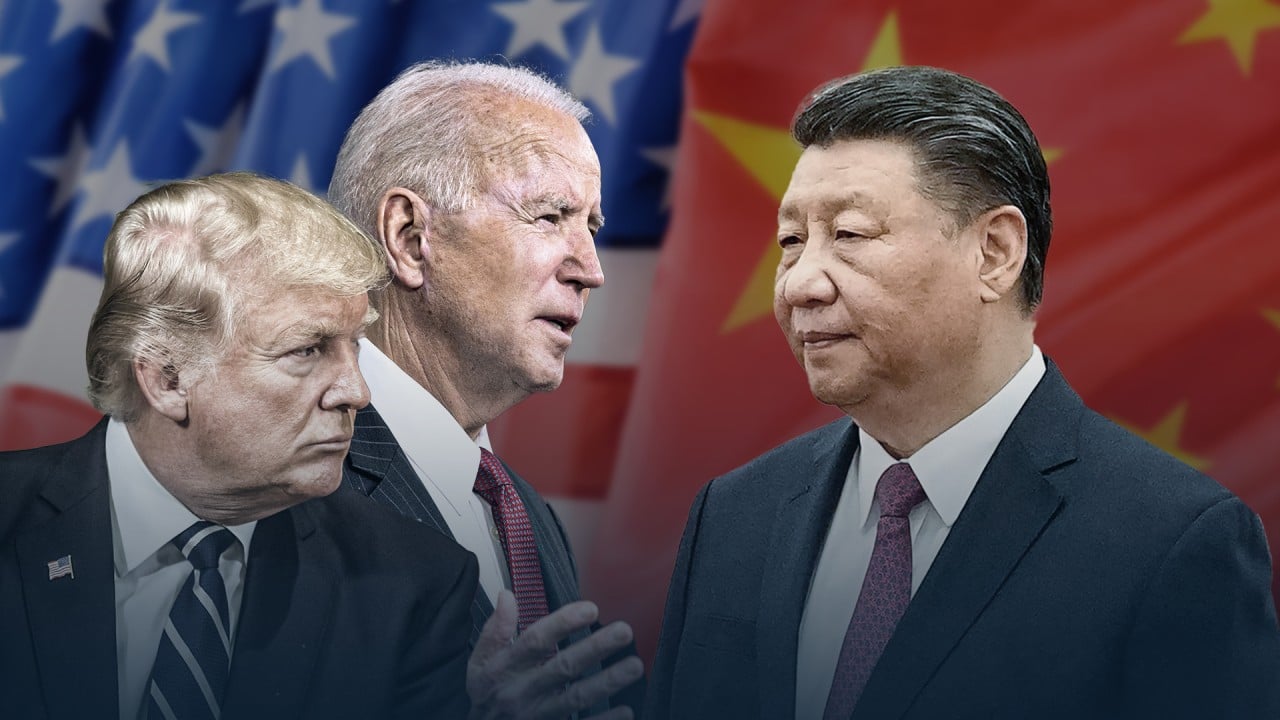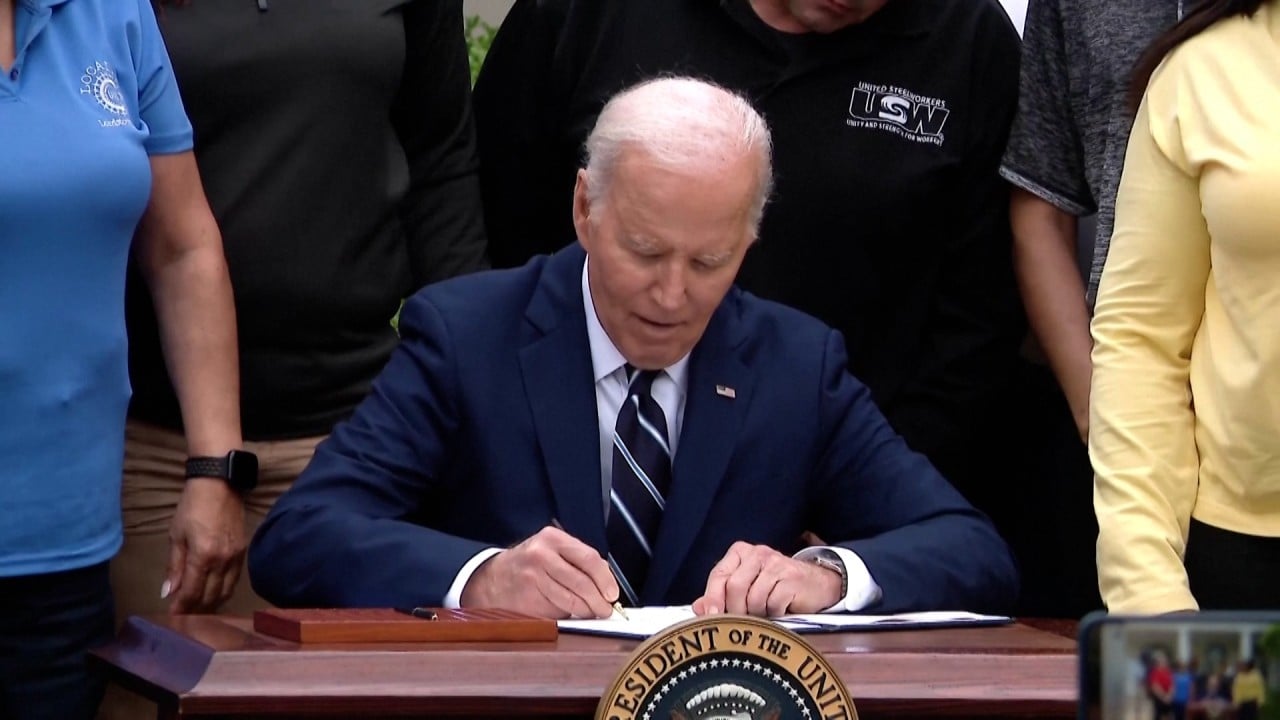China is not posing an existential threat to global trade – America is
From an average of fewer than 1,000 trade-related measures a year in the decade up to 2019, this surged to a peak of over 2,500 last year – with over two-thirds of these harmfully disrupting trade, and a large proportion emanating from Washington. These have lifted average tariffs, raised trade transaction costs along supply chains, added trade-distorting subsidies and sought import substitution.
Since the WTO’s creation about 30 years ago, global trade has risen fivefold to over US$30.4 trillion last year, growing faster than the global gross domestic product. The trade-to-GDP ratio has risen from 20 per cent in 1995 to 31 per cent in 2022, while the WTO’s simple average tariff fell from 13.1 per cent to 8.8 per cent; the percentage of the world population living in extreme poverty also dropped, from 40.1 per cent to 10.6 per cent.
In its most recent global trade alert, UN Trade and Development said trends had turned positive with the goods trade up by around 1 per cent for the first quarter, and the services trade up by 1.5 per cent.
Washington’s adults in the room have warned that such a plan would be catastrophic. The Peterson Institute for International Economics led the charge in a paper asking: “Can Trump replace income taxes with tariffs?” Its blunt answer: “No, and trying would be regressive and harm economic growth”.
The arithmetic is simple: income tax revenues amount to around US$2 trillion a year, while imports last year amounted to US$3.1 trillion. Applying Trump’s tariffs could raise around US$225 billion a year – a tiny contribution to the hole left by cutting income tax.
Such a plan “would cost jobs, ignite inflation, increase federal deficits and cause a recession”, said the Peterson Institute. It would antagonise allies and trade partners and provoke retaliatory trade wars. It would damage global economic welfare, undermine national security and destabilise the global financial system.
Many in Washington talk of China as a uniquely existential treat to the global economy. But to watch the US election campaign unfold is to wonder if the real challenges sit elsewhere. So far, the threats to the global trading system have been more bark than bite. But will it still be so after November?
David Dodwell is CEO of the trade policy and international relations consultancy Strategic Access, focused on developments and challenges facing the Asia-Pacific

